I was 14 when I discovered Franz Ferdinand’s Tonight, five years after its release. I was just getting into indie music, starting with 2000s garage rock revival. After I’d exhausted the White Stripes’ discography, I stumbled across the infamous 2004 Take Me Out video, which I vaguely remembered seeing on MTV as a child. I tore through the self-titled debut until I got sick of it. But, since the almost-too-arty tone of 2005’s You Could Have It So Much Better slightly deterred me, I could not have predicted the vice grip hold Tonight would have on me.
Tonight is a concept album chronicling a night out from start to finish. The opening track, Ulysses, was a drug to me. I remember nervously listening to it on repeat, watching the video on a low enough volume so that maybe my mom wouldn’t hear the best line, “Come on, let’s get high”, and think I was on drugs. The song, claimed by frontman Alex Kapranos to be vaguely about Homer’s Odyssey, truly heralds the beginning of a tremendous hedonistic misadventure. The song tells you to take your hands off the wheel, close your eyes, and see where the night takes you.
Turn It On is when things really get shaking. We’re introduced to Kapranos, or whatever character he’s singing from, as some borderline-dangerous obsessive with a victim complex. This personality is present through the entirety of the album. We hear the whispered ramblings over synths and guitars about how girls don’t understand how they make boys feel, how his love interest should have eyes for nobody but him, and how the universe wants them to be together. This character is relatable enough to tolerate, and just over-the-top-fucked-up enough to hold your interest with a morbid fascination. It’s his sense of limerent longing that drives the album forward. These are songs for stumbling drunk through the crowd looking for your crush because someone said they might have seen her walk in. Not only is the desire to party for the party’s sake strong, but self-medication, or self-destruction, is just as valid a reason.
When we reach the record’s midpoint, Bite Hard, our hero has decided not just to take his hands off the wheel, but to put them out the sunroof; eyes closed, all gas, no brakes. Of course, he’s still obsessed with his love, but she’s no longer his focus of the night. He’s out with friends and he’ll have a good time with or without her. What She Came For bombards the listener with pick-up lines, and while I’ve heard every line in the book, these are ones I’ve never actually heard outside of this song. “Where do you see yourself in five minutes’ time?” is a refreshing take on asking about a five-year plan. It’s direct and genius, but it doesn’t matter because this song isn’t about our protagonist; it’s about the girl he’s talking to. She’s on the same lustful prowl, and he’s almost frightened by her. When the backup vocals harmonize to say “woah/ watch out! / you’re what she came for”, it’s hard to tell if this is the hero talking to us or someone else, or if it’s someone else warning him threat she could be more trouble than he is. It is here where our hero reaches the point of no return. Kapranos describes the breakdown at the end as the sonic equivalent of “when you’ve fallen through the floor, and you’ve landed in the cellar, and it’s full-on rock and roll.” This part of this song is my favourite part of the whole record, for how hard it goes. If no other song in part or whole should make you want to dance, it should be the last 30 seconds of What She Came For.
The remainder of the record is the comedown. It’s the drunk walk home. It’s the wearing off of whatever drugs our hero’s been smoking and snorting. Live Alone justifies why his love interest should be with him, but he doesn’t care; why would he care? But why would he think about her so much if he didn’t? Kapranos describes the synths on this track as a green vapour of sound coming to get you. To me, it feels like the first wave of tiredness that you push through for a few more hours of fun.
Can’t Stop Feeling is described by keyboard/guitarist Nick McCarthy as the part of the night where you start to forget yourself completely. Not only is this exemplified by the lyrics, but the echoing, haunting manner of delivery. Our hero has become one with the green wall of sound from earlier. Nick says Lucid Dreams is for the time of night when you’ve completely lost yourself. The hero is so far gone, so removed from his pre-Ulysses reality, that he may as well be living in a lucid dream. While sonically more similar to the earlier songs on the record, thematically, it would feel wrong were it placed anywhere else. Bassist Bob Hardy describes this as the climax of our hero’s night. The song fades out into droning synths. Our character is lost deep within himself and the stupor he has self-induced. He doesn’t know what’s happening anymore, he’s still in the club, but he’s in his head, he’s got the spins, and it’s time to go. The synths over the industrial drumming remind me of stumbling out of a club you should never have been in, feeling naked in the quiet of the night. These synths are the sound of the hero leaving the green mist.
Bob says the last two songs are for the walk home. Much softer and slower than everything up to this point, he compares Dream Again and Katherine Kiss Me to listening to Leonard Cohen on his iPod after a night of being blasted by club music. It reminds me of drunkenly, softly singing along to the radio in an Uber and remembering not to do that because my rating will go down. Dream Again is the perfect song for putting wasted feet on the pavement. The whistling in the background feels off balance, just as anyone who’s had a few too many might. The lyrics reflect that even though maybe his night didn’t go how he planned, there will always be another weekend, and there will always be another chance for it to be the night of the hero’s dreams.
Katherine Kiss Me, which No You Girls developed from, feels like a drunk dial to his all-but-forgotten love interest. She’s probably not even listening; I doubt she picked up. This song is a coy voicemail that you wake up to regret when you can’t remember what you said, but it’s okay because it was sweet. She won’t be angry even if she doesn’t feel the same.
Keep in mind I first heard this album at the ripe old age of 14, in the middle of my “don’t call me a hipster, dad, I don’t even know what that is!” phase. I finally had an idea of what clubs and parties would be like. I grew up in the middle of nowhere, thousands and thousands of clicks away from anywhere Rihanna, 3OH3! or Kanye West would be talking about. Not only did this album feel like my non-existent cool older sibling telling me what parties were like, but telling me nobody parties like Rihanna unless you are Rihanna. This record tells a story when listened to from start to finish, and it’s relatable. There is no flexing with bottle service, no throwing cash at women. It’s simply about going out. It could be about going to any bar, club, house party, or anywhere. The simultaneous cohesiveness in concept and sound makes this record timeless. The subtle experimentation with synths, samples (listen for a horse braying and gunshots on No You Girls), and subliminal messaging set it apart from its contemporaries. It was different, it still is, and it always will be set apart from anything remotely similar.
I called this article a “re”-visit because I did an awful review of the album when I first got into it, but I never stopped listening to it. I was only returning to it from the perspective of critical appreciation. It’ll always be my go-to vinyl to throw on for pre-drinks, and Ulysses will always be my confidence booster. I’ve been listening to this record for not quite ten years, and I don’t care if you don’t like it as much as I do. You’ll have to pry my going-out album from my cold, stamp-covered hands.
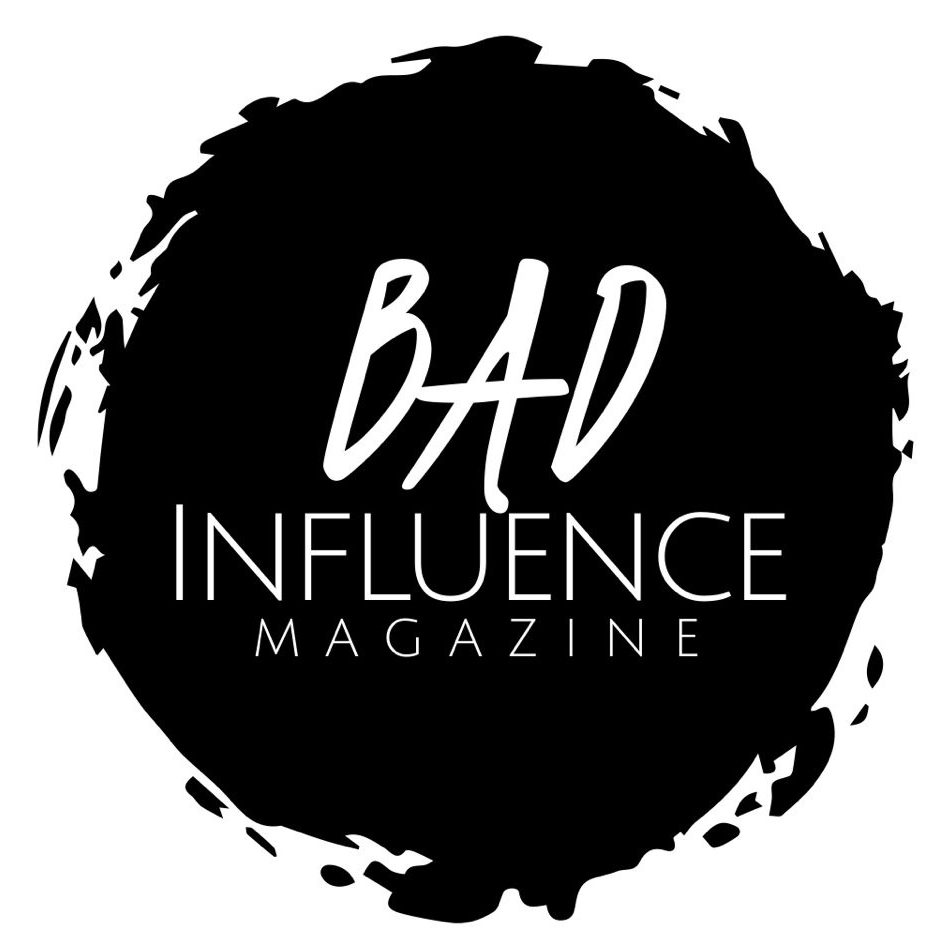

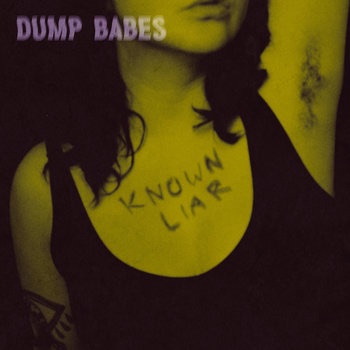
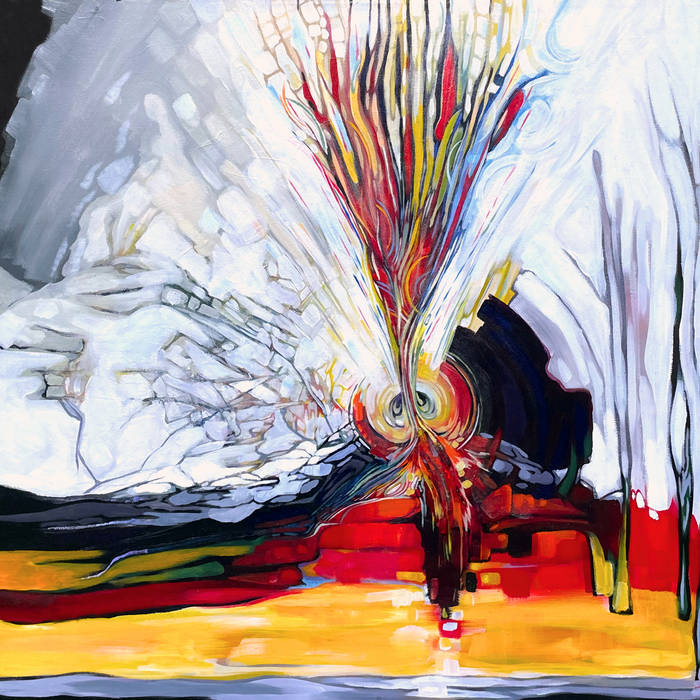
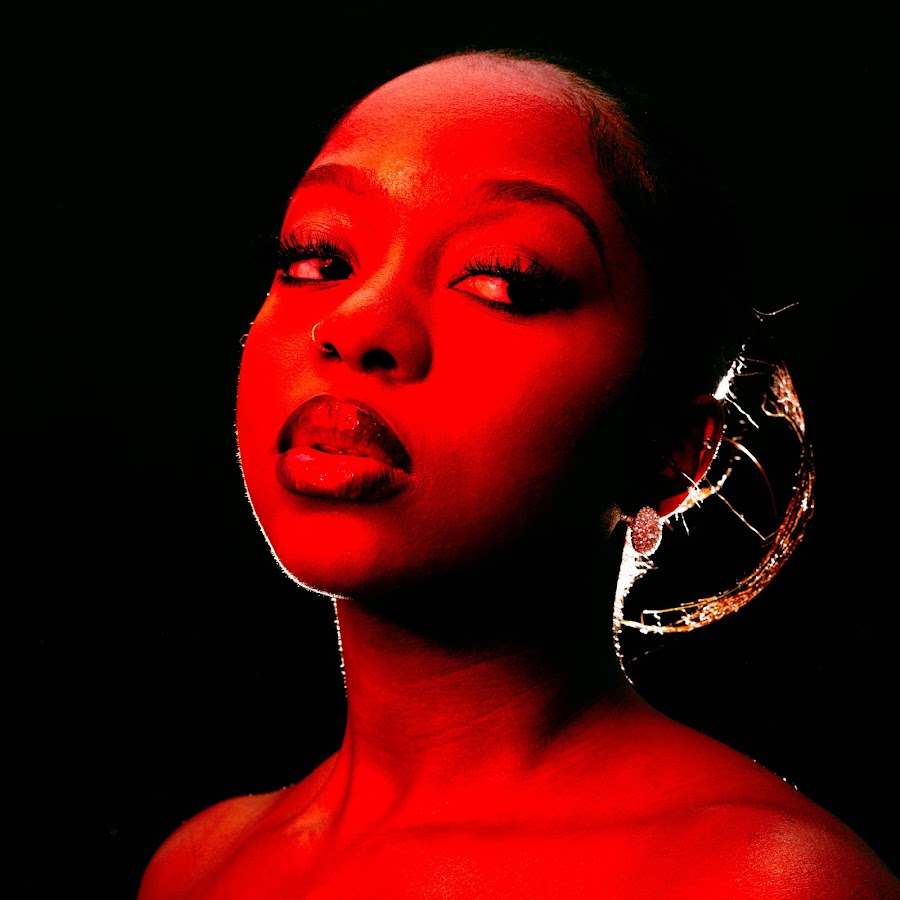
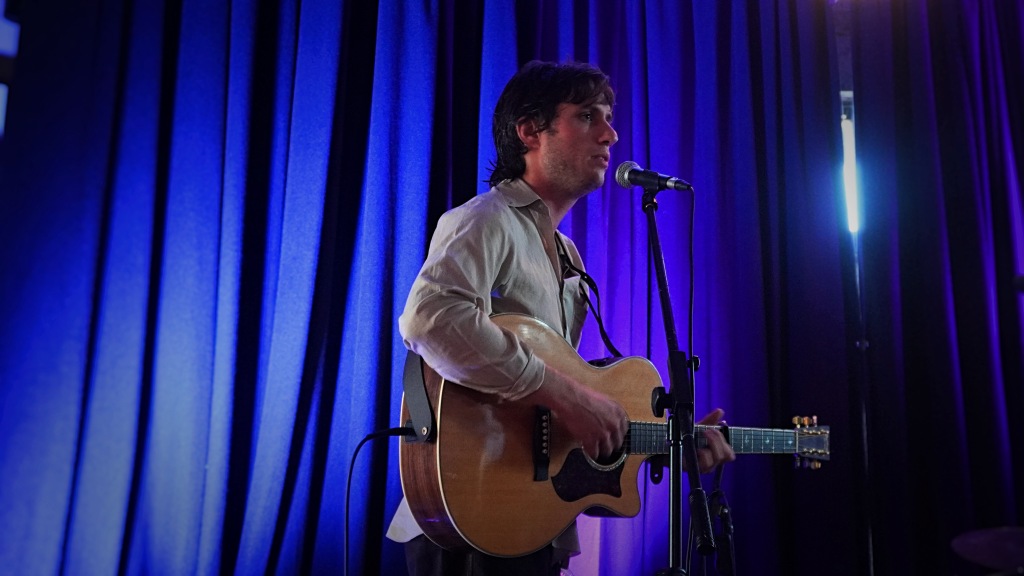
Leave a comment